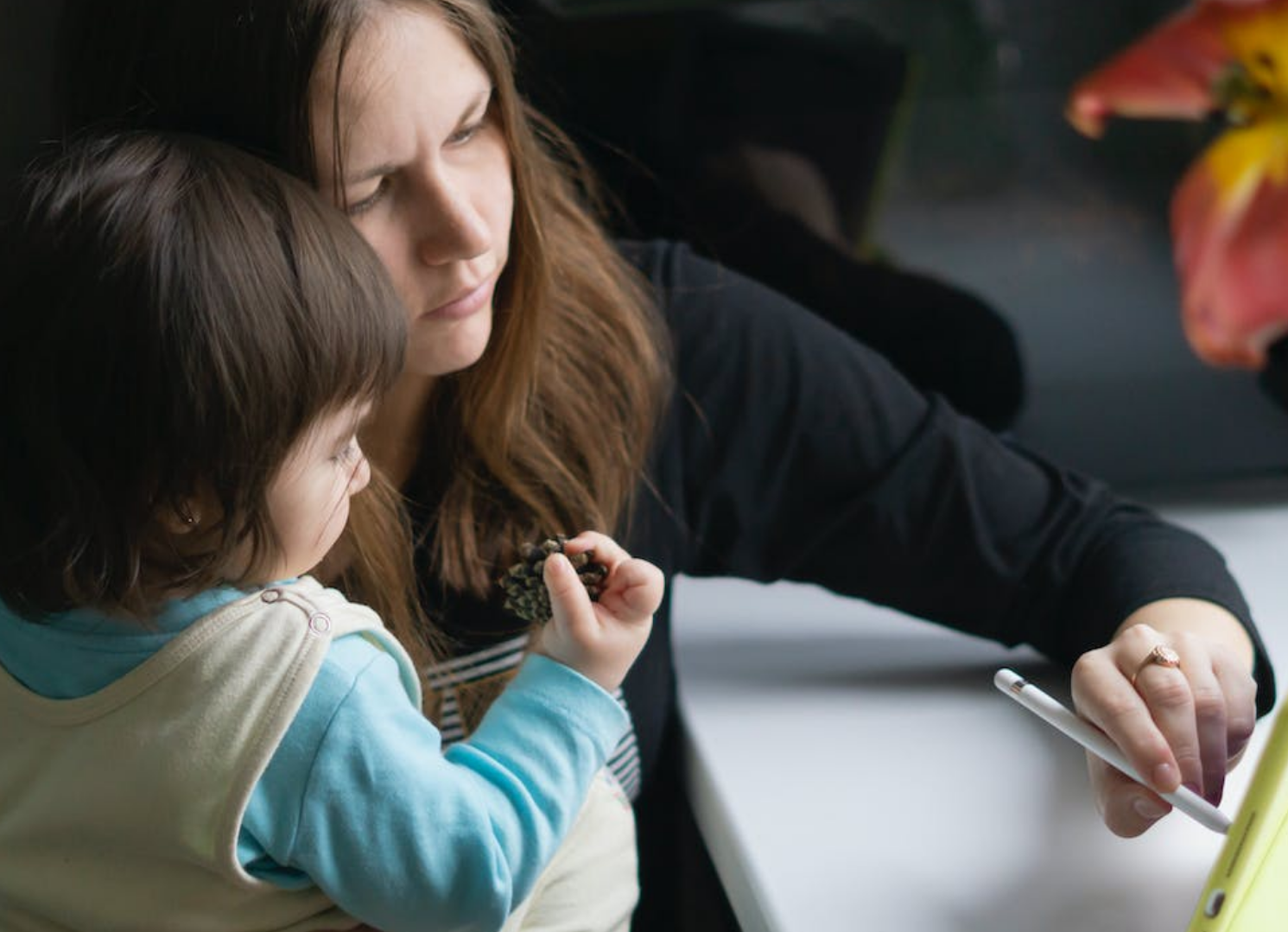Digital citizenship and online safety.

Welcome to Magento Blog by Magefan. This is your first post. Edit or delete it, then start blogging!
Please also read Magento 2 Blog online documentation and How to add "read more" tag to post content
Follow Magefan on:
Magento 2 Blog Extension GitHub | Magefan at Twitter | Magefan at Facebook
Digital citizenship and online safety:
Navigating the digital learning landscape.
In an era of increasing digital learning, the importance of promoting digital citizenship and prioritising online safety has never been more critical. As technology becomes an integral part of education, it's essential to equip students, educators and parents with the knowledge and tools necessary to navigate the digital landscape responsibly.


Understanding Digital Citizenship.
Digital citizenship is more than just the use of technology; it is the ethical, responsible and effective engagement with digital tools. It involves understanding the impact of one's actions online, not only on an individual level, but also on society as a whole.
As technology continues to evolve, it is important to find a balance between innovative educational tools and maintaining a safe online environment. Embracing innovation while remaining aware of potential risks ensures a more enriching digital learning experience.


The Role of Educators.
Educators play a key role in shaping students' digital behaviour. Providing them with the resources and training they need to integrate digital citizenship into their curriculum empowers students to become responsible digital citizens.
Teaching digital citizenship involves preparing students in key components such as:
• Responsible use: Promoting the ethical and responsible use of technology.
• Cybersecurity: Equipping students with the skills to protect themselves online.
• Critical thinking: Developing the ability to critically analyse digital content.
• Privacy: Teaching strategies for protecting personal information.
• Respectful online interaction: Promoting positive and respectful communication in the digital space.


Guidance for Parents.
Parents are important partners in promoting online safety. Providing them with insights into the digital landscape, guidance on age-appropriate content, and tools to monitor online activity ensures a collaborative effort to create a safe online environment for children.




